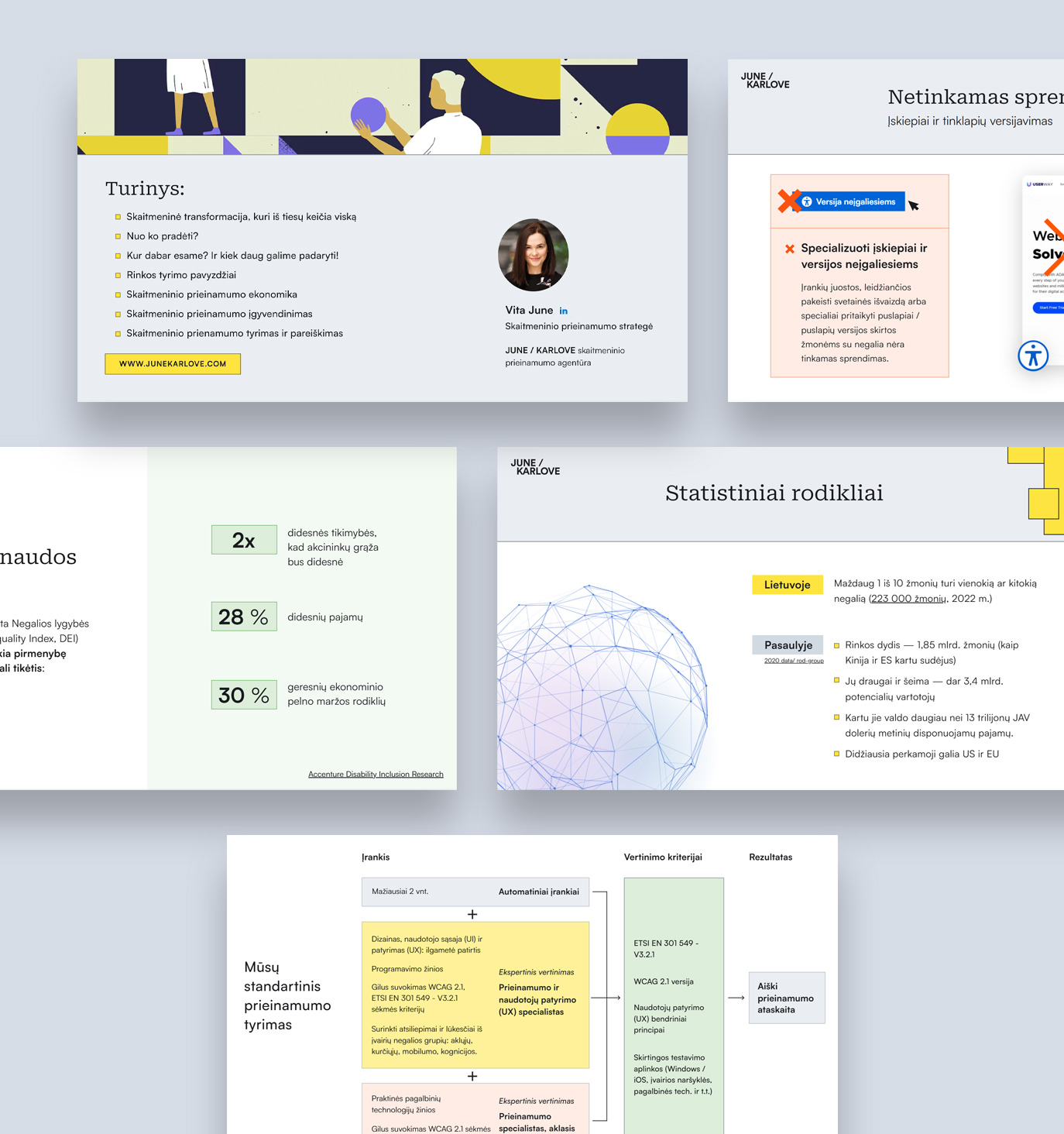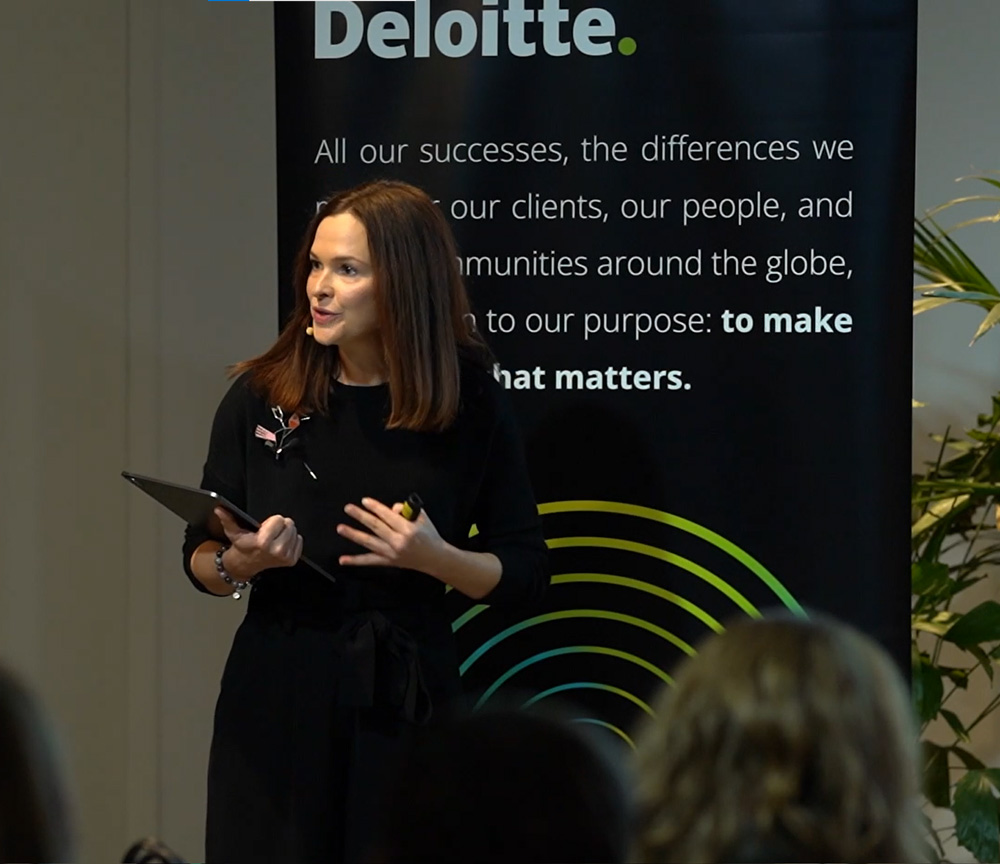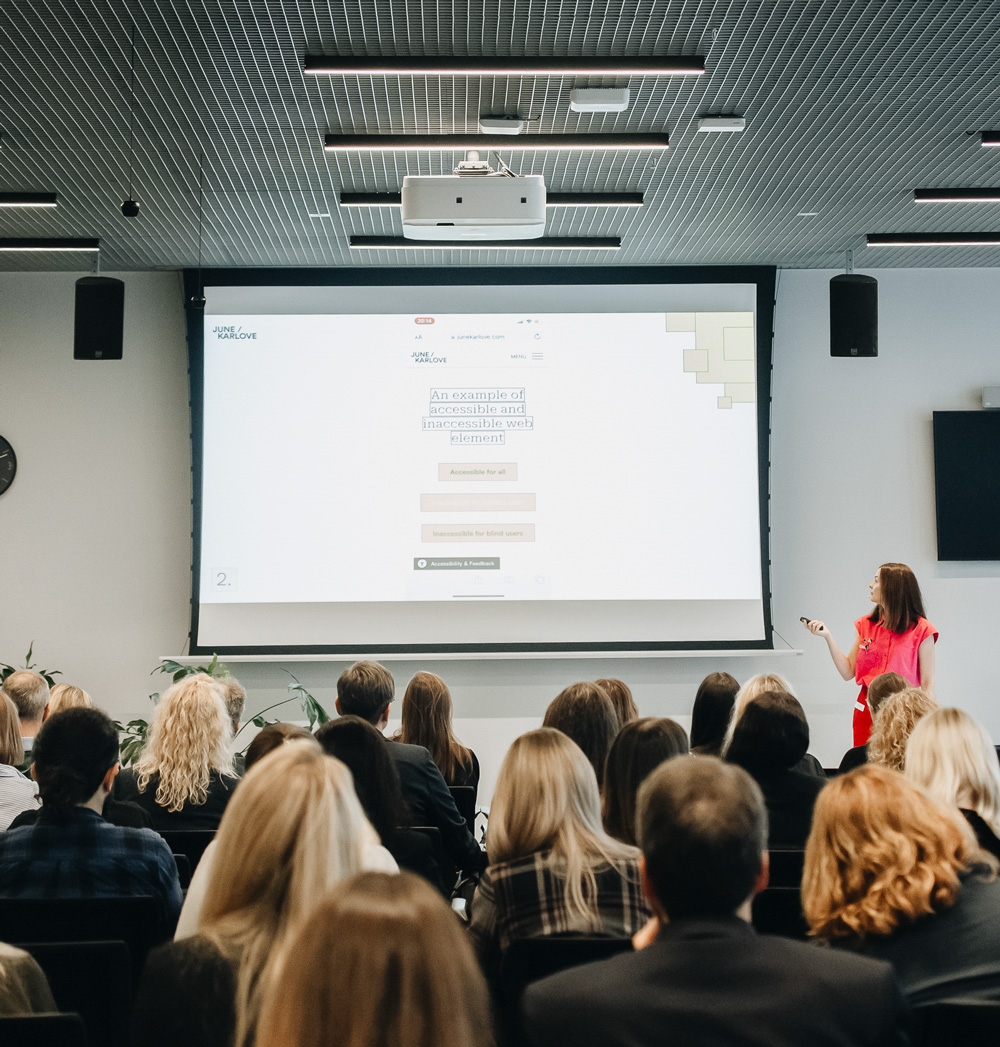A webinar with LASS to drive readiness for the European Accessibility Act in Lithuania
As part of the national campaign Prieinamumas atveria galimybes (“Accessibility opens opportunities”), initiated by the Agency for the Protection of the Rights of Persons with Disabilities under the Ministry of Social Security and Labour (ANTA), we were invited to contribute as speakers hosted with Lithuanian Association of the Blind and Partially Sighted (LASS).
The campaign’s goal was to prepare businesses, service providers, and associations for the European Accessibility Act (EAA), raising awareness of its requirements and helping target groups get ready for implementation by 2025. Our contribution brought a practical, expert perspective, showing how accessibility can be implemented with quality, accountability, and long-term value for both users and organisations.
The challenge ahead
When the webinar took place in 2023, the European Accessibility Act was still on the horizon, with its requirements set to apply from June 28, 2025. Many manufacturers, traders, and service providers in Lithuania were unfamiliar with what these obligations would mean in practice. Some believed accessibility was an optional “nice to have,” too expensive, or harmful to design quality. Others relied solely on accessibility overlays, unaware of its limitations or the legal and practical consequences. The challenge was clear: help businesses understand the directive early, dismantle myths, and guide them toward practical, standards-based implementation.
How we approached it
We joined a webinar hosted together with LASS as part of the national directive awareness campaign. Our role was to bring a practitioner’s perspective on accessibility in digital products, focusing on how to move from compliance confusion to accountable, user-centred implementation.
In our talk, we:
- Opened with a market overview, showing the business opportunities that accessibility creates.
- Addressed common objections — cost, complexity, impact on design — and countered them with practical evidence.
- Positioned accessibility work in e-commerce as an investment in SEO, faster and more resilient platforms, better user experience for all, stronger brand values, and new market reach.
- Demonstrated why automated testing alone is not enough, explaining the risks of “for show, not for the user” compliance.
- Stressed the importance of having a clear methodology and accountability framework to measure progress.
- Shared a practical roadmap for preparing accessibility projects, selecting the right specialists, and asking the right questions to assess expertise.
What changed
The session reframed accessibility for many participants — moving it from a perceived burden to a competitive advantage and civic duty. Attendees left with:
- A clear understanding of the directive’s upcoming requirements and responsibilities.
- Practical steps for preparing and implementing accessibility work.
- Recognition that quality, accountability, and standards — not shortcuts — are key to sustainable compliance.
- Inspiration to embed accessibility into their business strategy, rather than treat it as a side project.
The impact was immediate: several companies and organisations reached out for follow-up consultations and accessibility evaluations. One of them was Kaunas University of Technology (KTU), initiating concrete steps toward aligning their digital platforms with the legal requirements.
Looking ahead
At the time of the webinar, the focus was on preparation. Now, in 2025, the European Accessibility Act is already in force, and the challenge has shifted to implementation. By connecting legal obligations with tangible business benefits, we’re helping organisations move beyond minimal compliance toward lasting, user-first accessibility. The momentum from this campaign continues to carry forward into deeper sector-specific guidance and stronger collaboration between public bodies, associations, and private companies.






